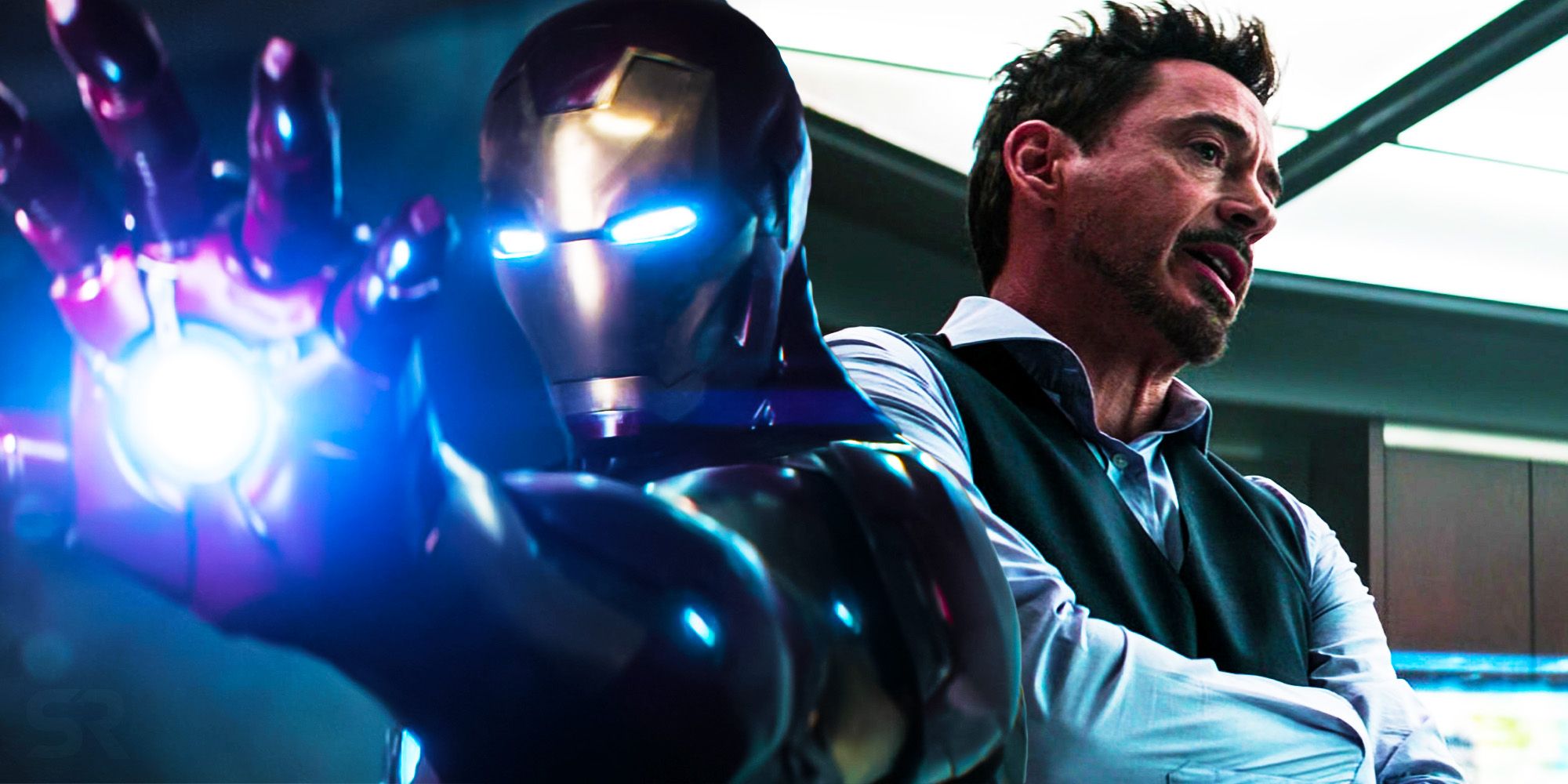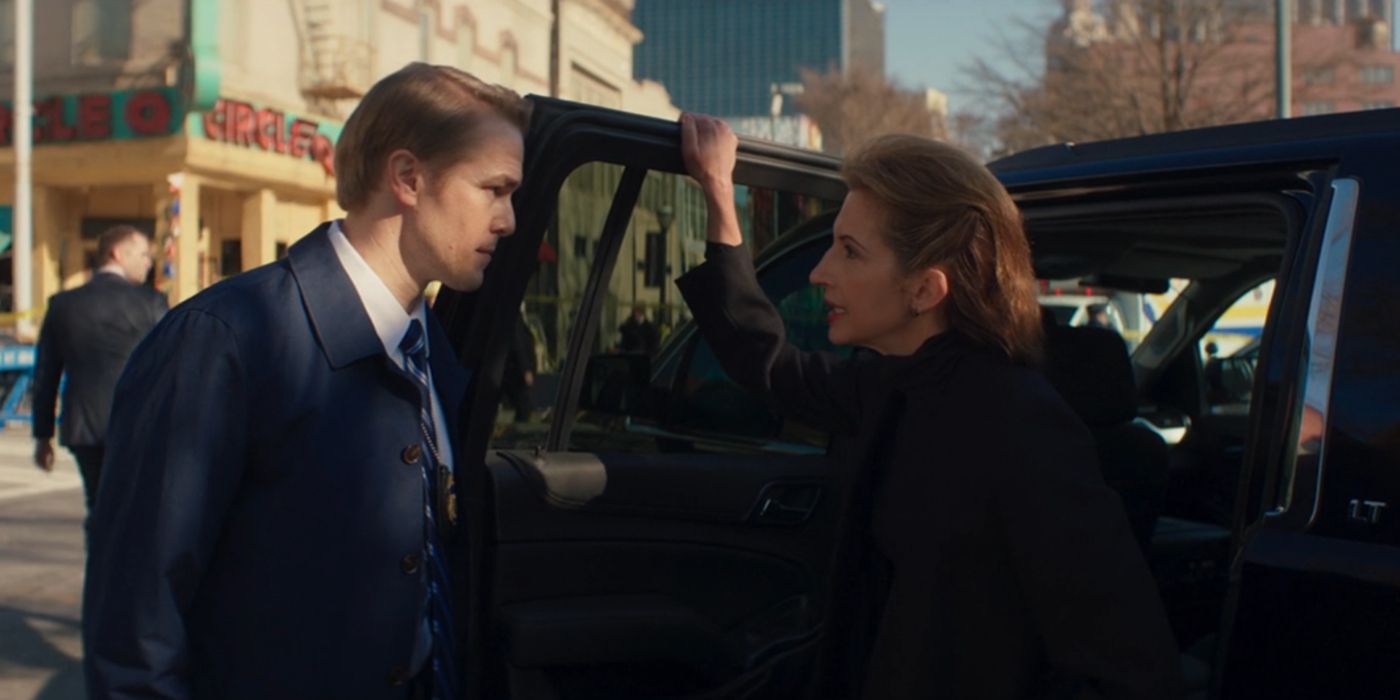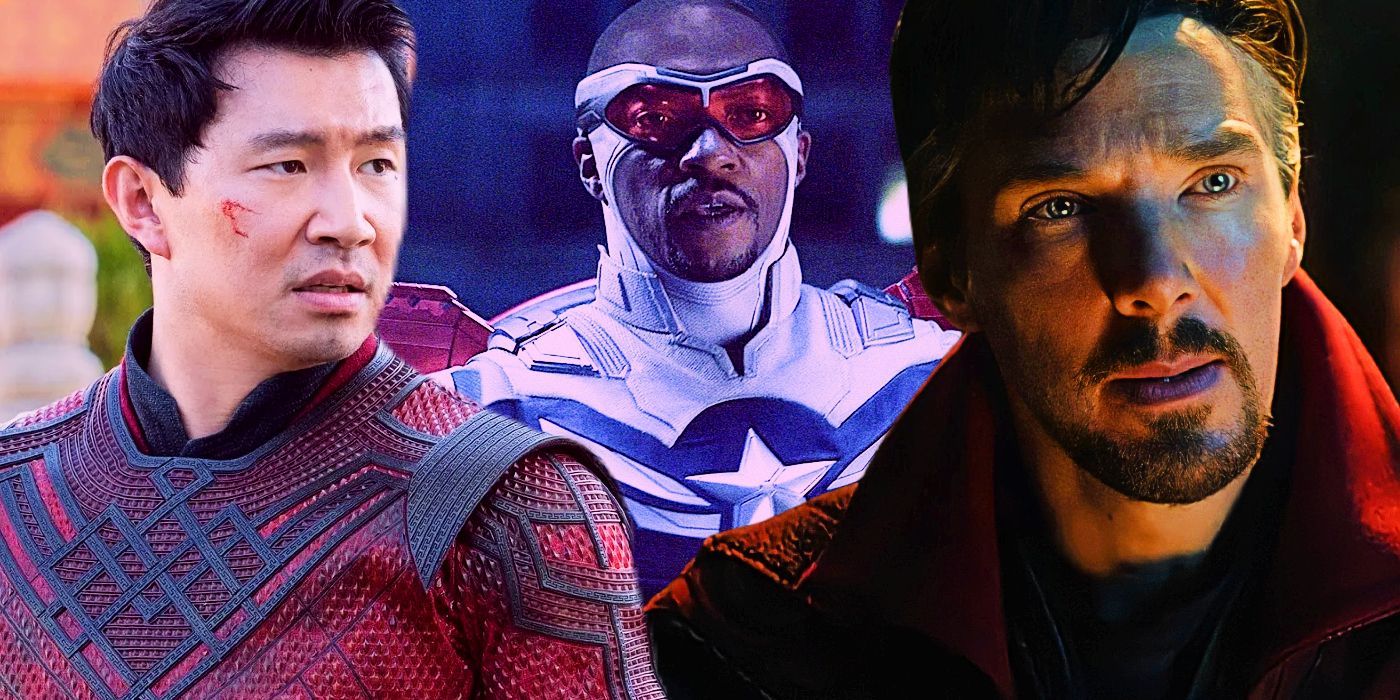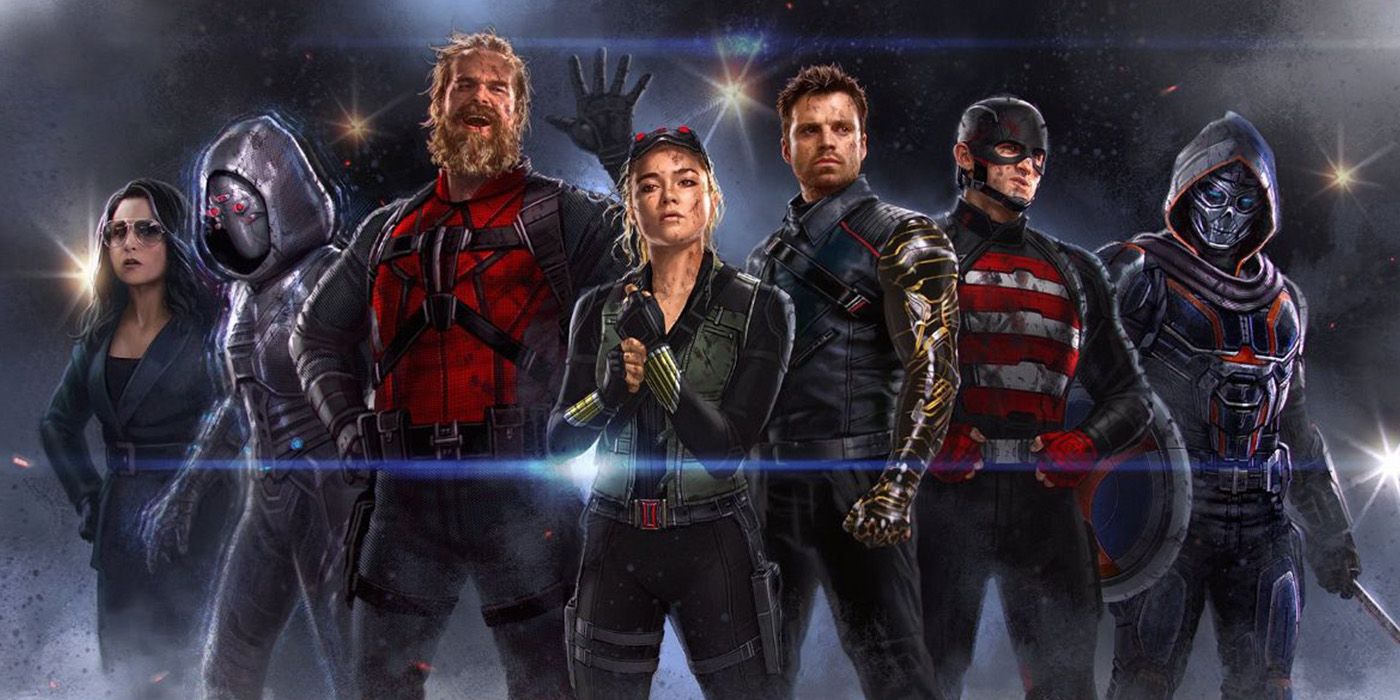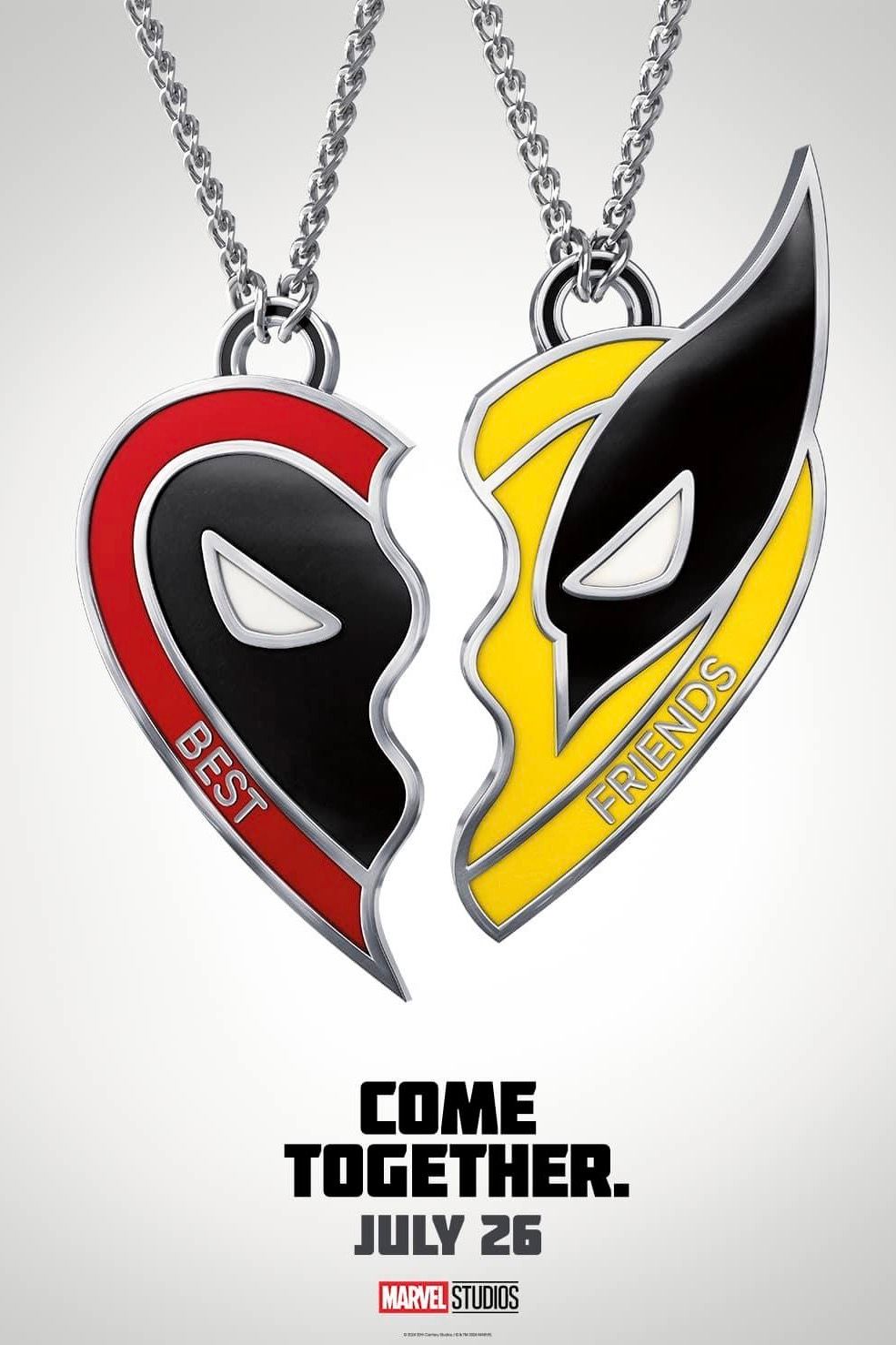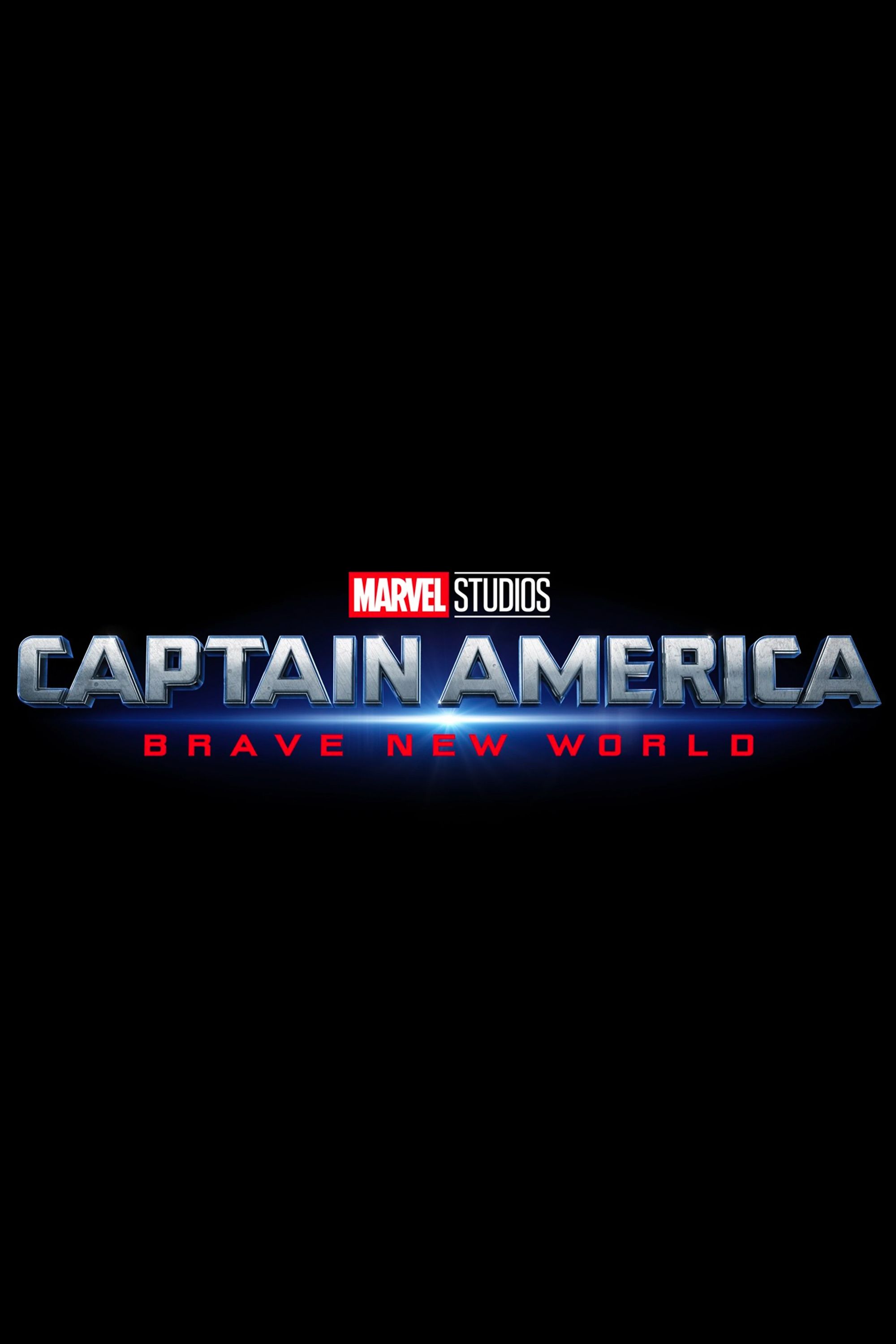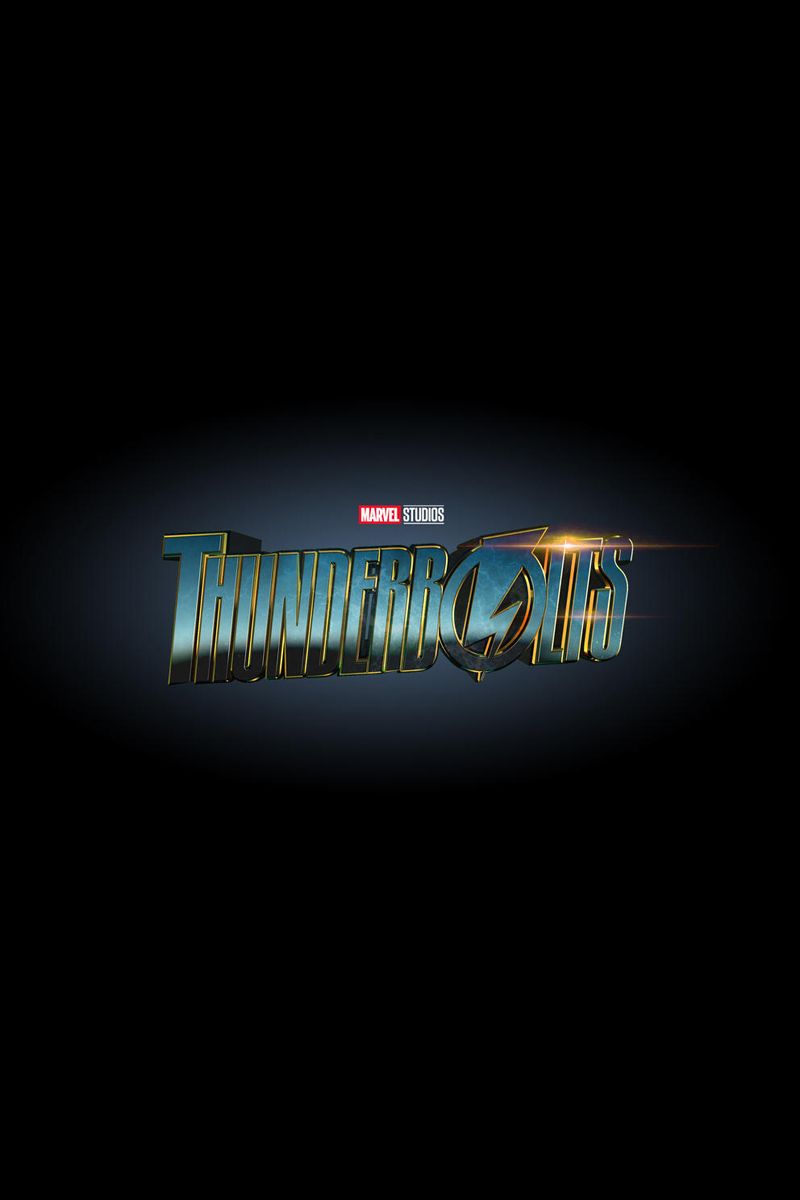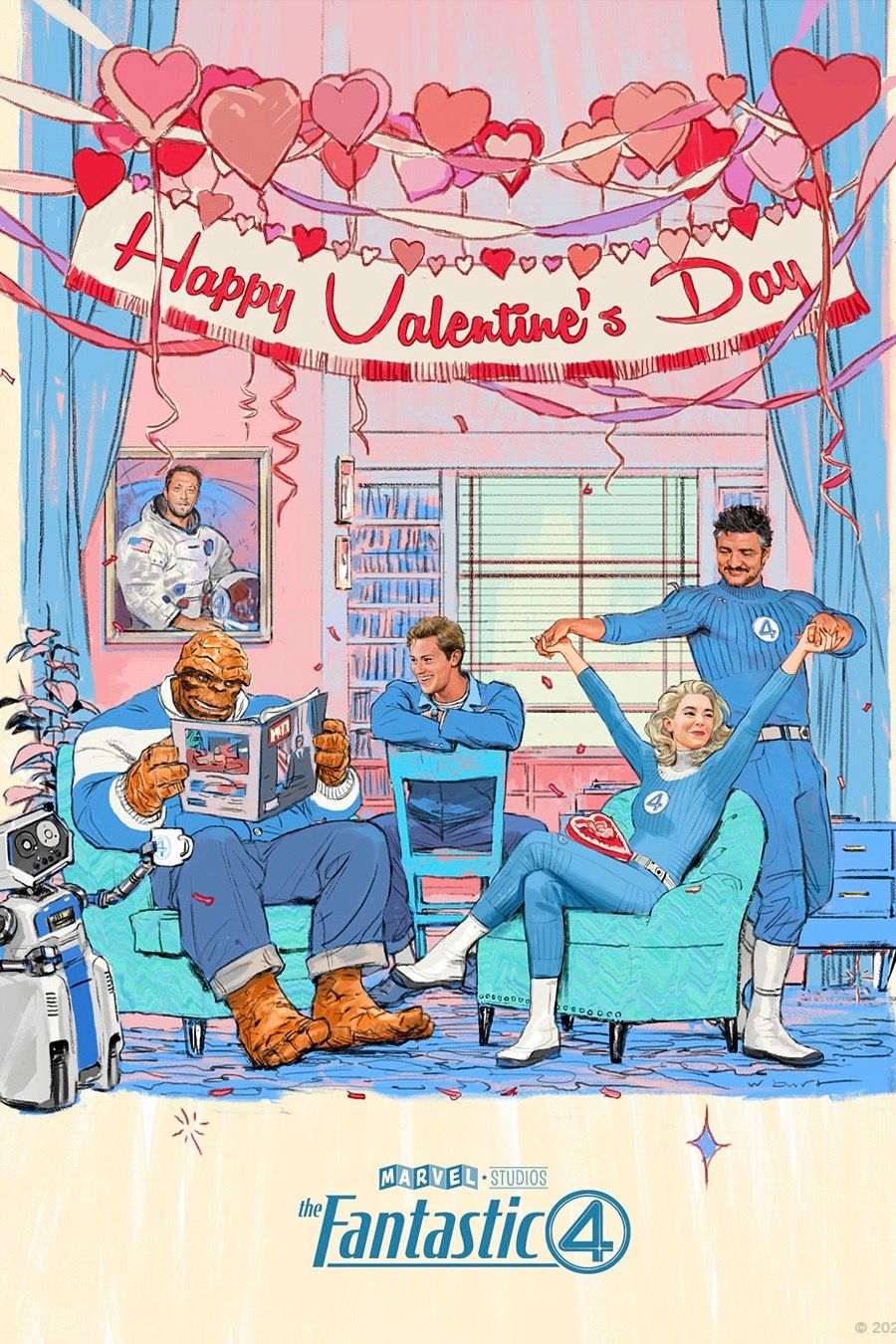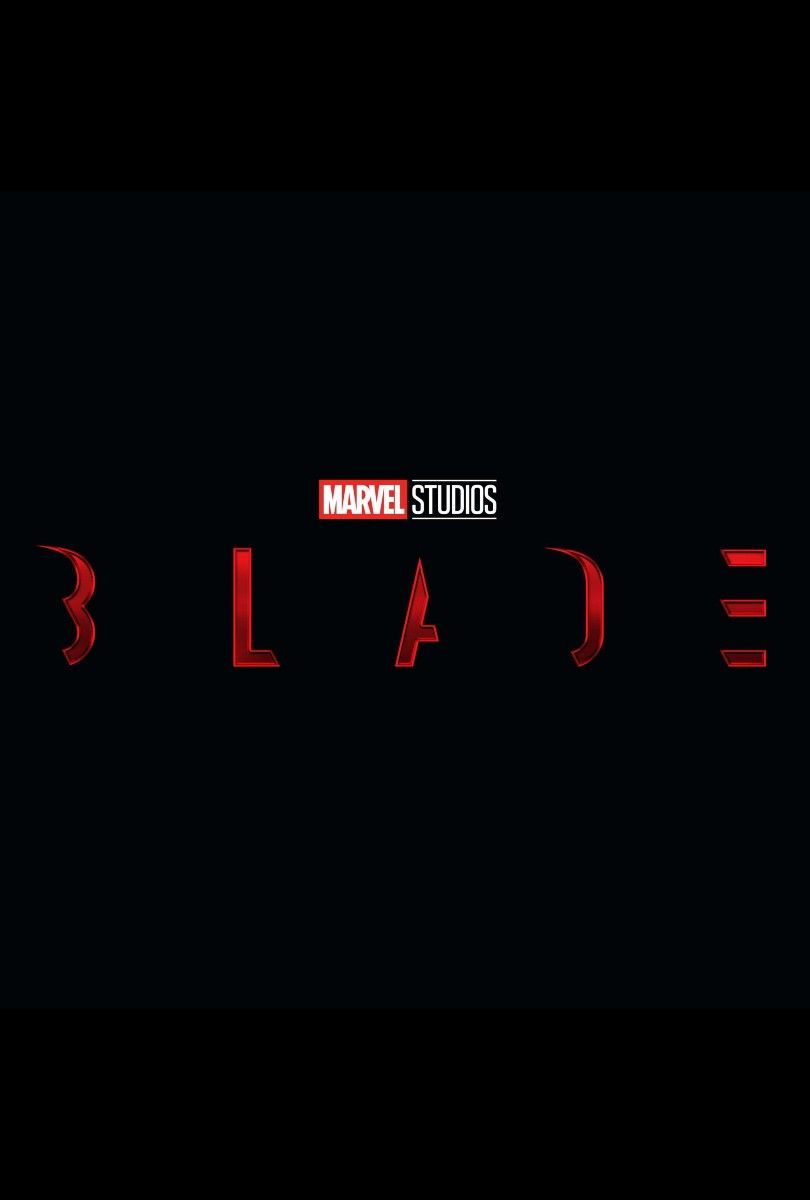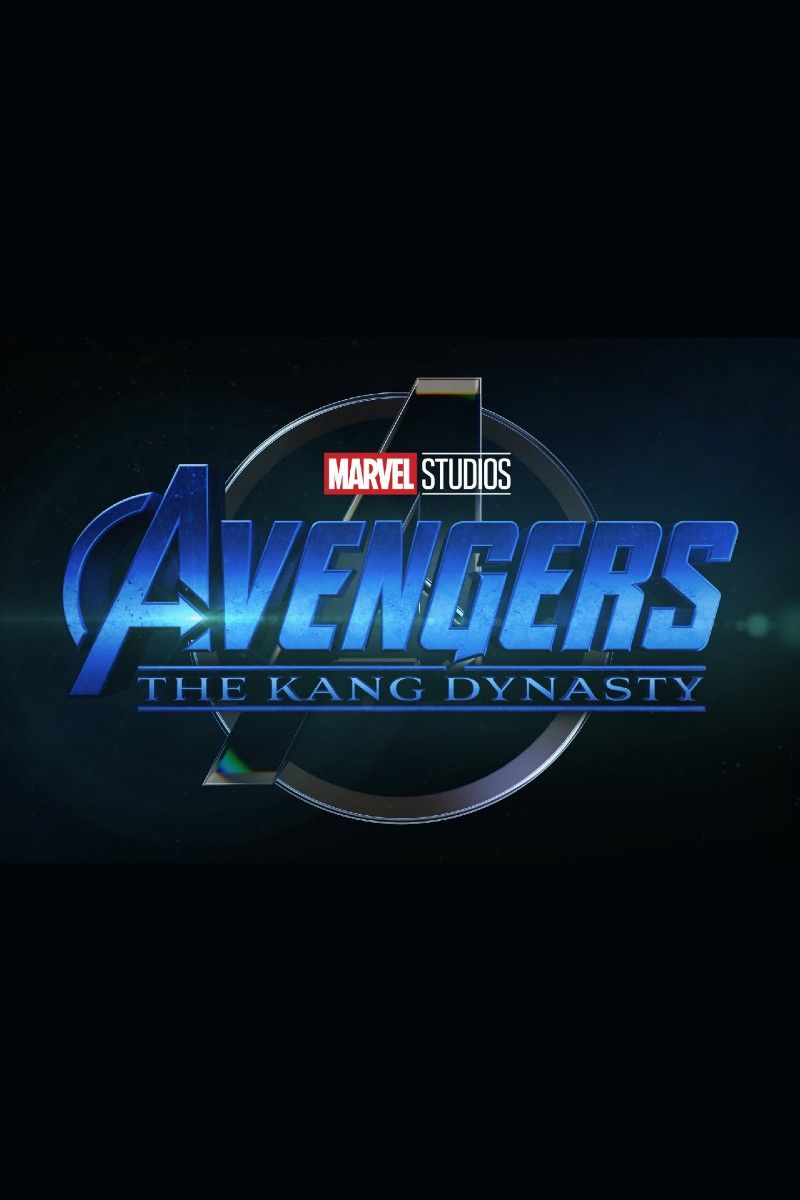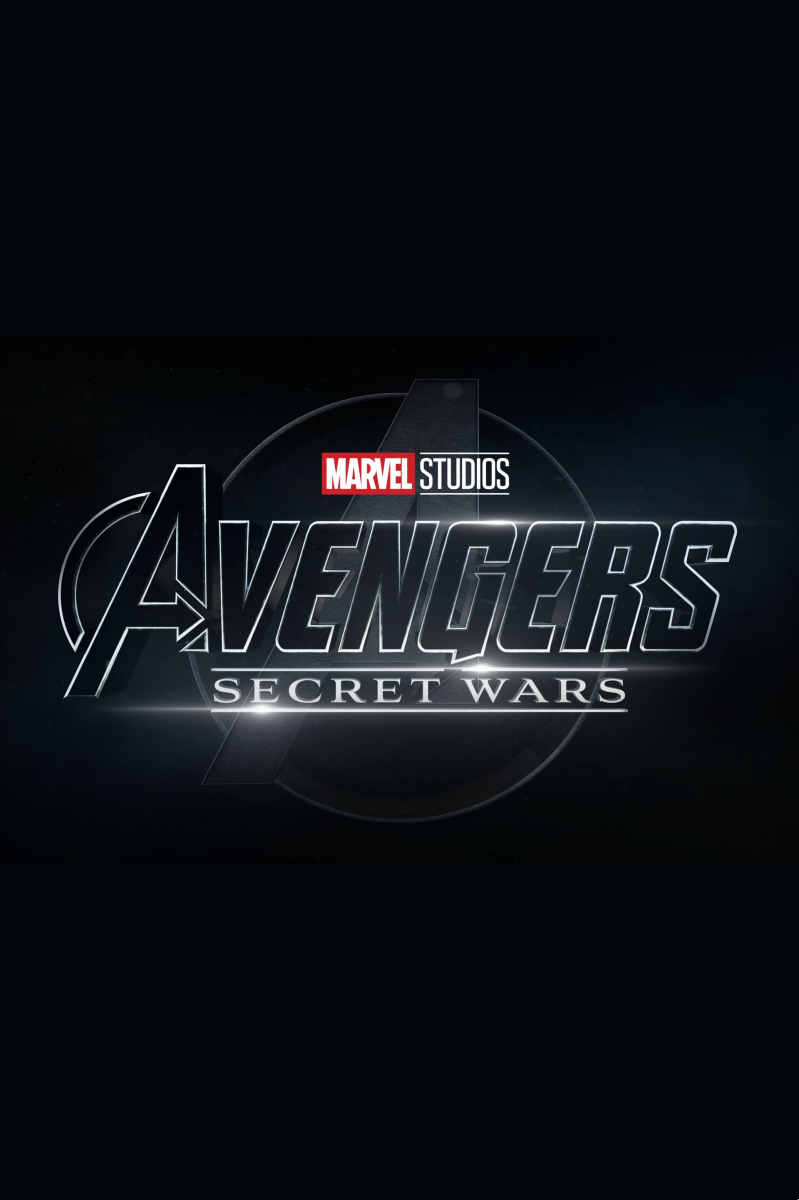Summary
- Iron Man was right in Civil War about the Sokovia Accords - his fear of a threat like Thanos was proven in Infinity War.
- Not addressing the Sokovia Accords creates problems for the multiverse Avengers in Phase 5 of the MCU.
- The lasting impact of the Sokovia Accords shows how the choice to oppose rather than negotiate affected Earth's Mightiest Heroes.
The MCU has proven multiple times that Iron Man was right in Captain America: Civil War. The initial conflict between Iron Man and Captain America was about the introduction of the Sokovia Accords in the MCU timeline - legal documents imposed by the United Nations mandating that all enhanced beings be registered. Steve was against it, arguing that the best hands were still their own — a sentiment motivated by his traumatic experience in Captain America: The Winter Soldier. Meanwhile, Tony was for it, citing that they needed limits, and fighting the mandate would only make things more difficult for them moving forward.
Aside from the fight about the MCU Sokovia Accords, Iron Man and Captain America's Civil War conflict became personal when it was revealed that Bucky, while still operating as HYDRA's Winter Soldier, was behind the death of Tony's parents. At its core, Captain America: Civil War was a character study for the Avengers' co-leaders, and the debate over his and Tony's respective stances on the Sokovia Accords still remains a hot topic, even as the Multiverse Saga and MCU Phase 5 rages on with upcoming Marvel releases. However, Marvel Studios has already shown who was right in Civil War.
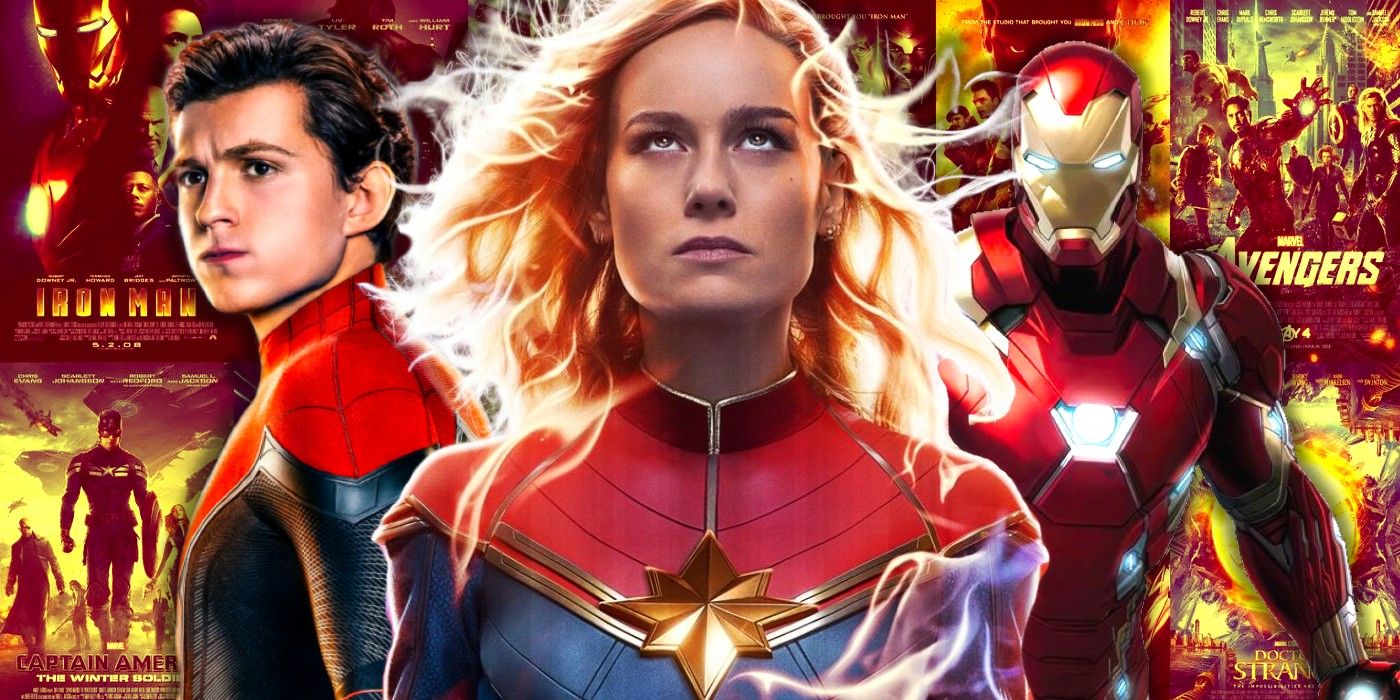
Every Marvel Cinematic Universe Movie Ranked Worst To Best
Over 15 years and 33 movies, the Marvel Cinematic Universe movies have redefined blockbuster cinema. But how do all the films stack up?Infinity War & Endgame Proved Iron Man’s Fears Were Right
After Iron Man almost died in The Avengers, he developed a nagging fear that another extraterrestrial threat was coming following the defeat of Loki in the Battle of New York. He expressed this several times in Iron Man 3 and Avengers: Age of Ultron, but it was in the end more or less ignored. Despite this, he continued to work on making sure that Earth was as ready as it could possibly be when that unnamed threat finally came. In Avengers: Infinity War, it soon became apparent that Iron Man was right in Civil War, as his fear was realized with the arrival of Thanos.
Indeed, this was one of the main reasons why Iron Man was actually for the Sokovia Accords in Captain America: Civil War: he wanted to keep the Avengers operating in preparation for what was to come. Tony was never fully on board with relinquishing all control to the U.N. Ultimately, the reason why Iron Man signed the Sokovia Accords was to keep the team together, because at least the Avengers would still be a functioning unit — despite the sanctions.
Iron Man even mentioned this in his outburst in Avengers: Endgame. He recalled how Captain America prioritized his personal liberty over the greater good. Had the Avengers, at the very least, negotiated what the Sokovia Accords would entail instead of just opposing it, they would have been prepared to take on Thanos in Avengers: Infinity War and the universe wouldn't have had to experience the Blip. They also wouldn't have had to go to great lengths to reverse the snap in Endgame, costing the lives of both Iron Man and Black Widow.
The Sokovia Accords Put Phase 4 Heroes In Jeopardy
Due to the progression of the Infinity Saga's story, there was really no time to properly deal with the aftermath of Captain America: Civil War. However, the Sokovia Accords were clearly executed, as most of the Avengers on Team Cap were arrested while the rest of the rest went underground for two years, functioning as the Secret Avengers.
When the threat of Thanos became imminent, the implementation of the Sokovia Accords was unofficially suspended as the heroes all came out in the hopes of stopping the Titan. Then, the snap happened, wiping out half of life in the universe. Suddenly, the U.N. had bigger problems than chasing down enhanced individuals who hadn't signed up for the Sokovia Accords.
After the Infinity Saga, however, MCU Phase 4 showed that the Sokovia Accords were back in effect via the shows The Falcon and the Winter Soldier and Ms. Marvel. Sam Wilson had to adhere to the government's regulations and work with them for a living, while the Department of Damage Control hunted down Ms. Marvel for being a powered being who hadn't declared herself yet.
Had the Avengers followed Iron Man's plan in Captain America: Civil War to negotiate the terms of the Sokovia Accords, its implementation would be clearer. Because the parameters are murky, the documents are more susceptible to loopholes that any governing body can take advantage of. That was exactly what happened in Ms. Marvel when Damage Control went rogue and used unacceptable means to catch the young superhero.
Not Resolving The Sokovia Accords Makes Re-Assembling The Avengers More Difficult
The issue of the Sokovia Accords wasn't really discussed by both the U.N. and the Avengers, so the remaining MCU heroes are currently at a disadvantage, unaware of their specific rights to operate. This is also why it would be more difficult to re-assemble the Avengers in the Multiverse Saga. In the Infinity Saga, Iron Man functioned as the liaison for the Avengers, handling official matters. Had they agreed on his plan to be open to the Sokovia Accords, he would have been an integral part of the negotiation process where he would have pushed for their rights.
Between his personal traits and experience in Iron Man 2, it would be safe to say that he would have successfully lobbied for what's best for Earth's Mightiest Heroes. Now that he is gone, and it's uncertain who exactly is spearheading the Avengers in the Multiverse Saga, it would be easier for any governing body to bully them into doing what they want and keep the Avengers scattered.
Ultimately, what makes Iron Man right in Captain America: Civil War boils down to the idea that he had a plan. He didn't approach the Sokovia Accords mandate as a be-all, end-all matter. Instead, he looked at the possible outcomes of the U.N.'s imposition on the matter and figured the best way to move forward that would also secure the Avengers' future. Now that he's gone, not going through with his plan to address the Sokovia Accords continues to create problems for those he left behind.
The Sokovia Accords Have Had A Lasting Impact
The massive and lasting impact that the Sokovia Accords have had on the MCU further puts into focus why Iron Man was right in Captain America: Civil War about getting involved in — instead of just opposing — the government's attempts to control superheroes. Indeed, though MCU Phase 4 revealed through Matt Murdock that the Sokovia Accords were repealed between She-Hulk and Wandavision, Thunderbolts — a state-funded superhero team — shows that government overreach was always going to be a factor in Earth-616.
Thunderbolts is set to potentially further underline that Iron Man was right in Civil War, by showing how the government is instead using supervillain teams in lieu of an agreement from The Avengers.
To be fair, the evolution of superhero law also paved the way for the respective MCU debuts of Ms. Marvel, She-Hulk, and Daredevil, the Abomination's redemption arc, and Wong's evolving duties as the Sorcerer Supreme. Ultimately, however, had the Avengers actually asserted their involvement in developing the Sokovia Accords in Captain America: Civil War, Earth's Mightiest Heroes might have been more prepared to face the coming Skrull invasion and Multiversal War in MCU Phase 5.
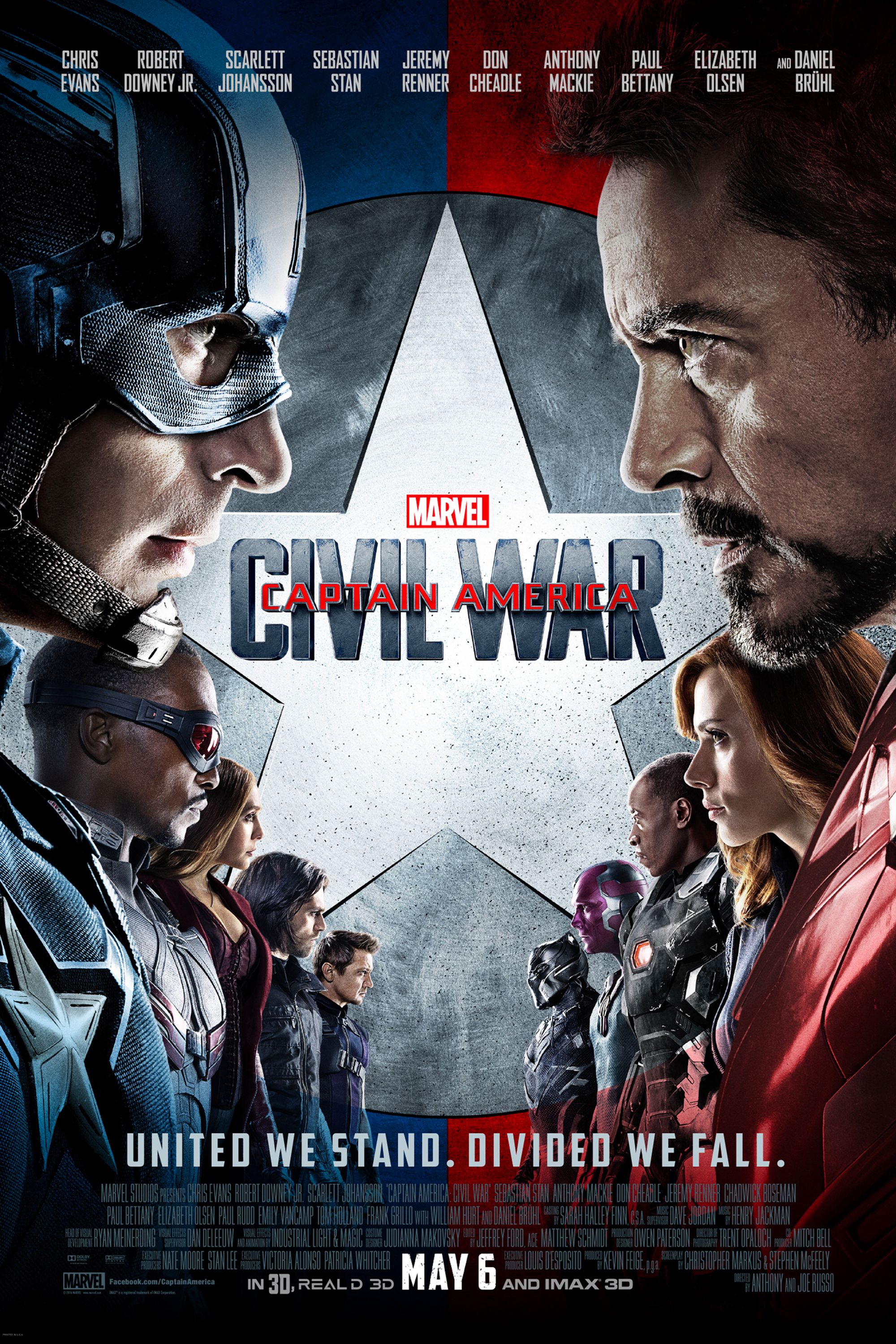
Captain America: Civil War
This third Captain America film adapts the "Civil War" storyline from Marvel Comics and sees Steve Rogers (Chris Evans) and Tony Stark (Robert Downey Jr.) at an impasse over who governs superheroes and how. Captain America: Civil War pits two teams of Avengers against one another and introduces new superheroes Black Panther and Spider-Man. The divide between the two perceived leaders of the Avengers caused the other members to choose sides. It all started when the UN decided to take control of the superheroes’ involvement in fighting crimes. Steve disagreed with the UN’s proposal, while Tony supported the decision. Things turn for the worst when Steve’s friend Bucky Barnes (Sebastian Stan), also known as the Winter Soldier, becomes the prime suspect in a terrorist bombing.
- Director
- Anthony Russo , Joe Russo
- Release Date
- May 6, 2016
- Cast
- Martin Freeman , Daniel Brühl , Robert Downey Jr. , Sebastian Stan , Elizabeth Olsen , Chadwick Boseman , Chris Evans , Paul Rudd , Frank Grillo , Scarlett Johansson , William Hurt , Paul Bettany , Anthony Mackie , Emily VanCamp , Tom Holland

